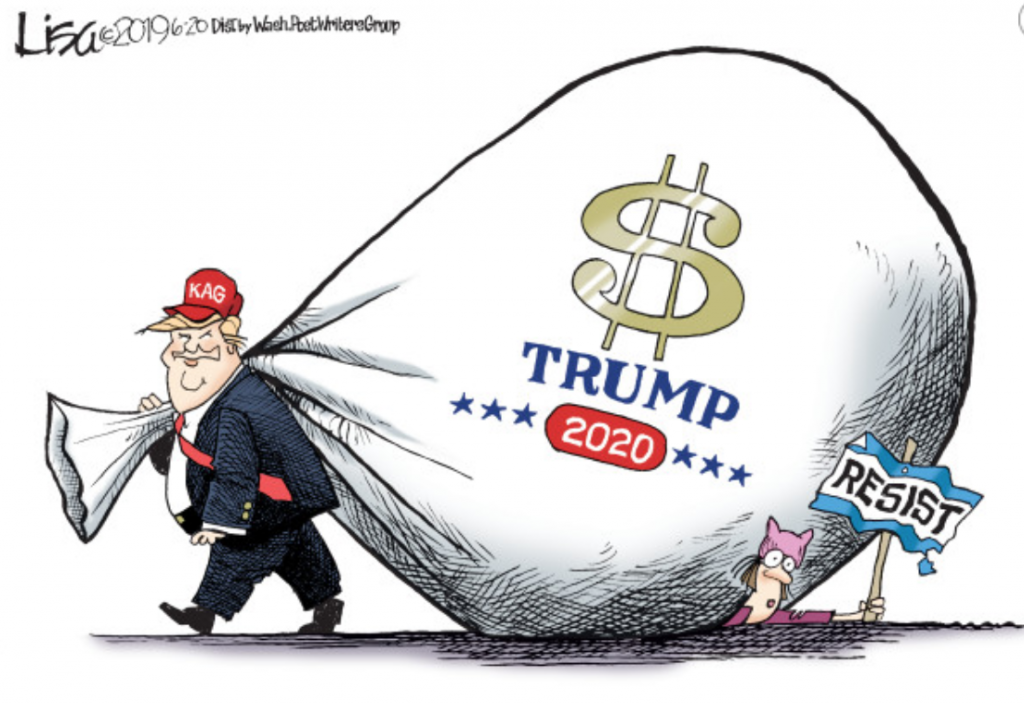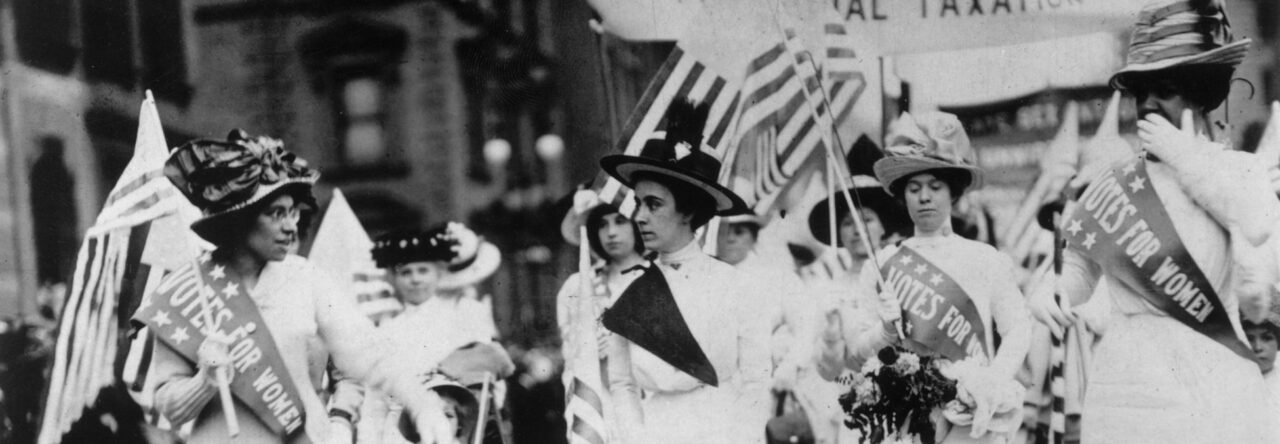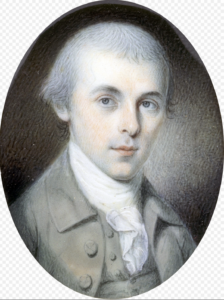“Shortly before the [1789] election of representatives to the first Congress of the United States [James Madison] wrote from Philadelphia to George Washington: “I am pressed much in several quarters to try the effect of presence on the district into which I fall, for electing a Representative and am apprehensive that an omission of that expedient, may eventually expose me to blame. At the same time I have an extreme distaste to steps having an electioneering appearance, altho’ they should lead to an appointment in which I am disposed to serve the public ; and am very dubious moreover whether any step which might seem to denote a solicitude on my part would not be as likely to operate against as in favor of my pretensions.” –Charles Sydnor, Gentlemen Freeholders, p. 44
- Madison was discussing his upcoming 1789 Virginia congressional contest against James Monroe (Madison won)
- Full text Madison to Washington, December 2, 1788
“The Candidates” (1770) by Robert Munford
- Cast of Characters: Worthy, Wou’dbe, Sir John Toddy (with Guzzle), Smallhopes, and Strutabout
- Plot: Worthy declines to continue serving in the assembly. A dismal, alcohol-soaked campaign ensues with Toddy trying to join interests with Wou’dbe while Smallhopes and Strutabout connive to secure the open seats. At the last minute, however, Worthy changes his mind and he and Wou’dbe end up prevailing, thus saving “democracy” for colonial Virginians.
- Scene:
- Sir John. Gentlemen and ladies, your servant, hah! my old friend Prize, how goes it? how does your wife and children do?
- Sarah. At your service, sir. [making a low curtsey]
- Prize. How the devil come he to know me so well, and never spoke to me before in his life? [aside]
- Guzzle. [whispering to Sir John] Dick Stern.
- Sir John. Hah! Mr. Stern, I’m proud to see you. I hope your family are well, how many children? does the good woman keep to the old stroke?
Glossary of Early Campaigns
- Bumbo –alcoholic drink, usually made with rum
- Canvassing –soliciting votes or campaigning
- Freeholders — propertied men in colonial Virginia eligible to vote
- House of Burgesses –colonial assembly in Virginia
- Joining Interests –18th-century candidates who attempted to combine their supporters together in a kind of coalition
- Republicanism –the revolutionary era ideology of representative government organized around the idea that democratic leaders should be selected on the basis of their character, civic virtue and disinterestedness for the purpose of serving the public good
- Standing for office –Common phrase to describe a candidacy in the age of republicanism; as opposed to more modern notions of “running for office”
- Treating –showing “respect” for voters on Election Day in colonial Virginia by hosting free parties with food and alcohol
Timeline of Campaign Finance
- Treating (1776-1827)
- Macing (1828-1867)
- Fat-frying (1868-1906)
- Modern fund-raising (1907-1955)
- Post-modern fund-raising (1956-present)
Featured Image

June 2020 cartoon by Lisa Benson
Fun Fact
- During a 1758 contest for the House of Burgesses, George Washington provided about 160 gallons of liquor to 391 voters or nearly a quart and a half per voter
Further Reading
- Brief profile of Robert Munford
- Munford’s writings, including “The Candidates” (1770)
- Matthew Pinsker, “Short History of Campaign Finance Reform” (1997) and “Beyond McCutcheon” (2014)
Further Viewing
Watch “The Candidate” (1972) a Hollywood movie that artfully updates the concerns of Robert Munford’s play “The Candidates” from almost exactly two hundred years earlier (see especially the 5-minute scene from the 1:00:00 mark to 1:04:20)

